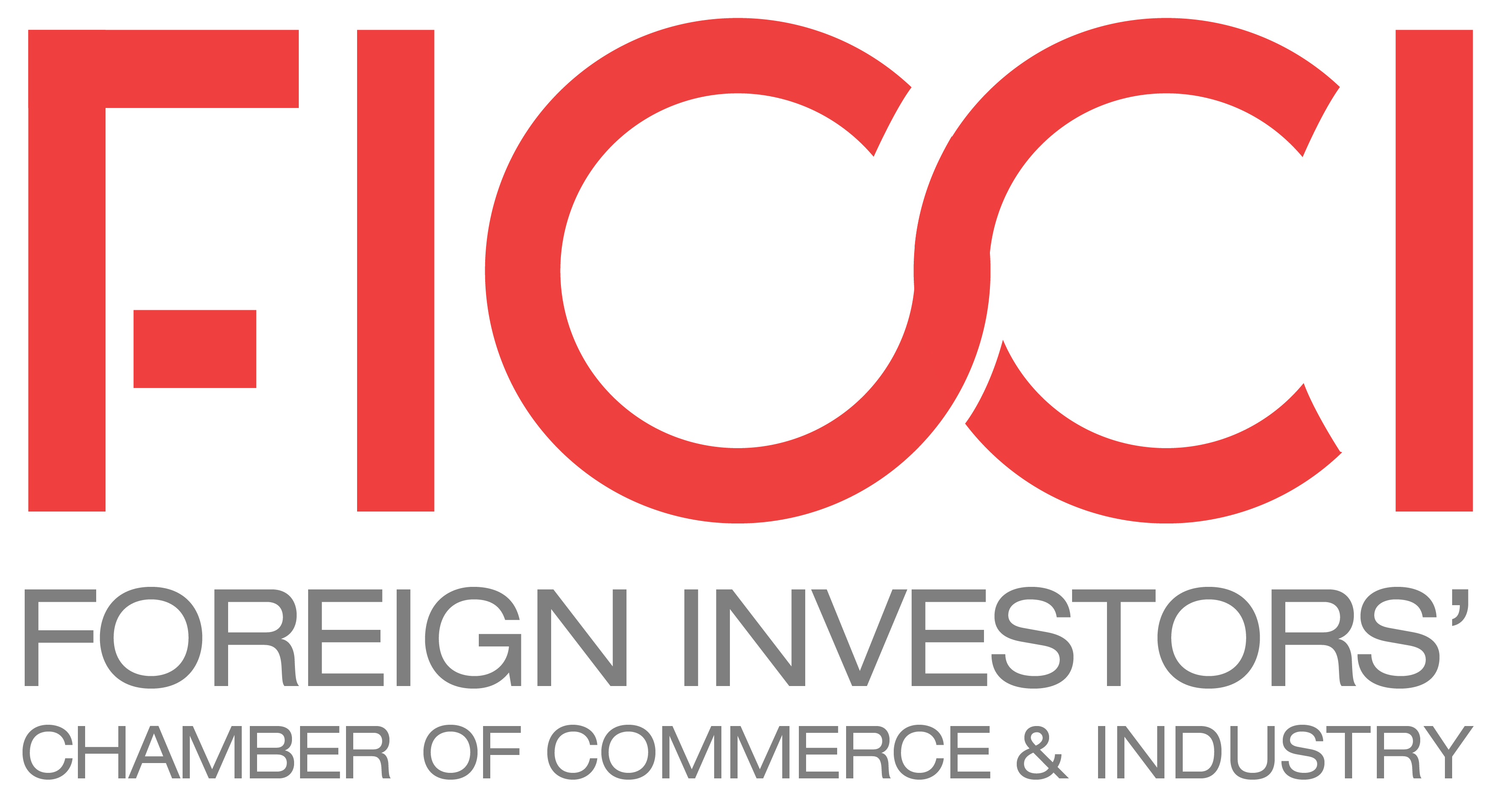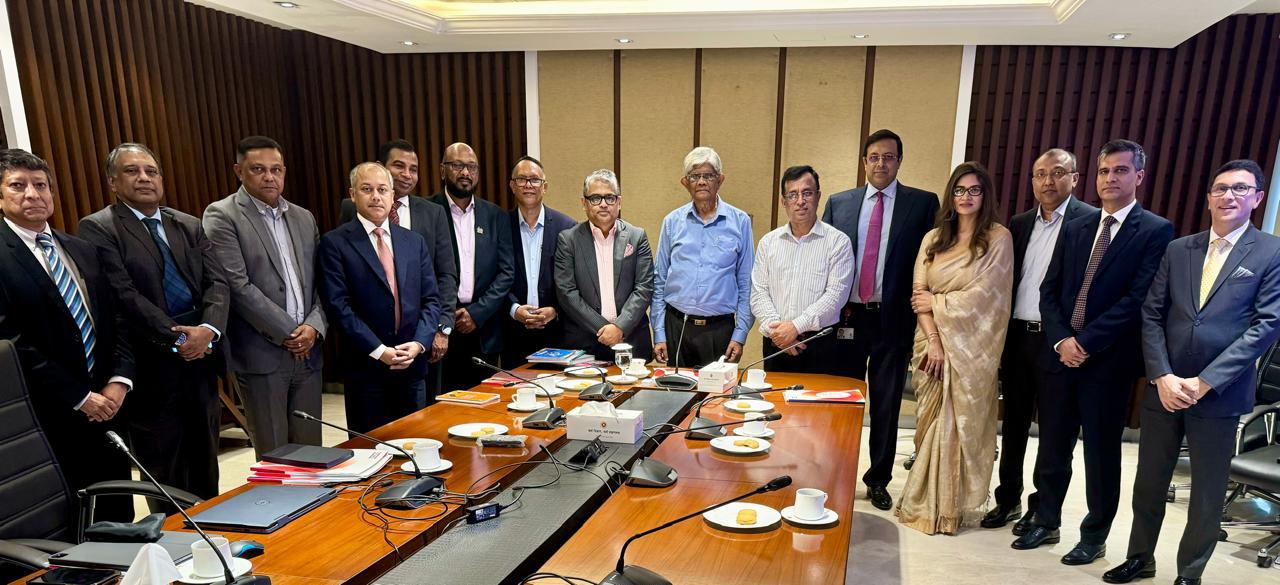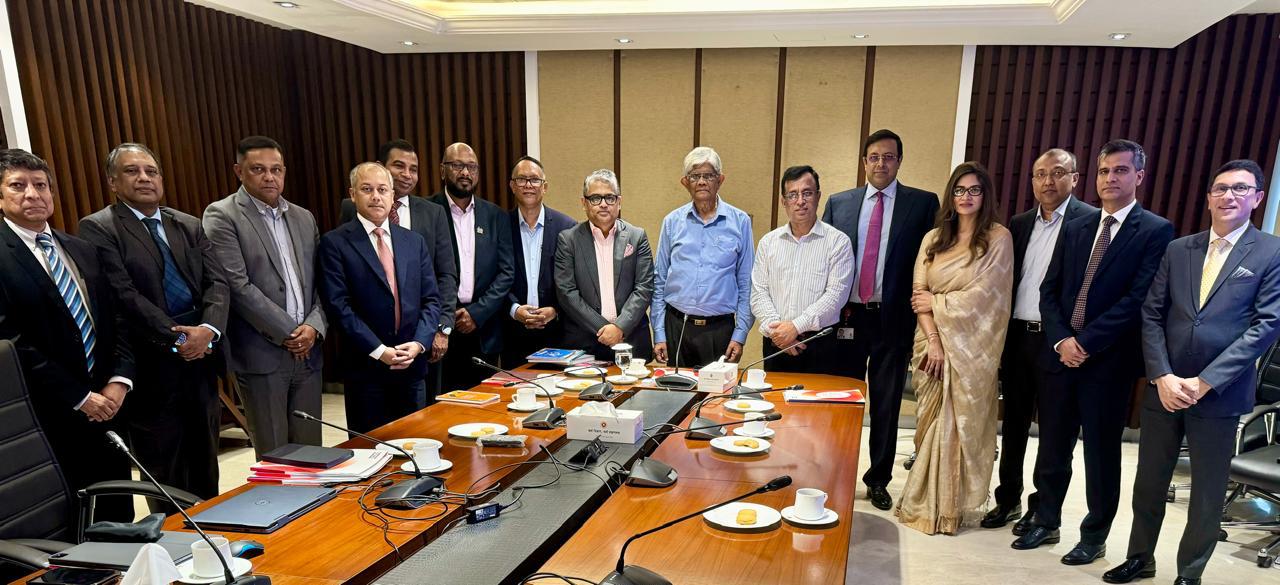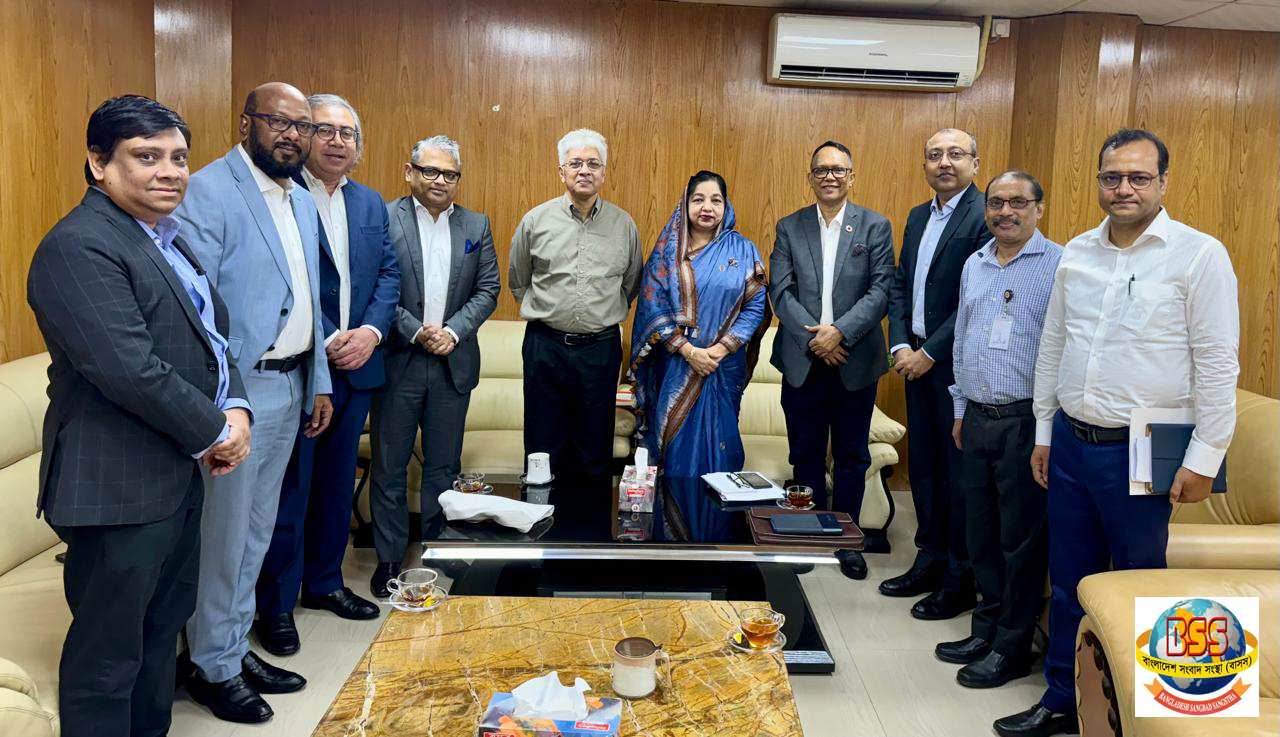The Foreign Investors' Chamber of Commerce and Industry (FICCI) on Wednesday suggested a few changes in the conditions attached to the proposed cut in corporate tax by 2.5 per cent.
It also urged the government to revoke the provision, proposed in the Finance Bill 2022, imposing tax on a company's contribution to the Workers' Profit Participation Fund (WPPF).
The tax on WPPF contribution will ultimately increase the income tax burden of the companies and similarly increase the effective tax rate, the chamber said at a press meeting in a city hotel.
The trade body expressed concern over a few measures proposed in the national budget for FY 2022-23 and demanded revising those to make the fiscal layout potentially business-friendly, considering probable implication on the business and foreign investments.
"We understand, contribution to WPPF has been proposed as inadmissible expenses based on the idea that it's an apportionment of profit from after-tax profit like a dividend, while the fact is, it is a statutory payment for the benefit of the employees, which is paid from pre-tax profit as per the law," according to the FICCI's post-budget position paper.
FICCI said that such imposition of tax is inconsistent with the tax-friendly environment that the government has been trying to build over the years, and is a diversion from the current provision of the labour law 2006.
It proposed to include this provision in section 29 as an allowable expense instead of section 30 of the ITO, 1984 as an inadmissible expense.
The trade body also recommended a few changes to the conditional reduction in the corporate tax by 2.5 per cent.
As per the Finance Bill 2022, certain types of listed companies that have issued more than 10 per cent of their shares through IPO will enjoy the reduced tax rate.
The FICCI proposed to amend this provision by clearly mentioning that at least 10 per cent shares of a listed company must be held by the public in order to avail of such a reduced rate.
It also proposed that the provision of collecting all receipts through banking channels should be amended and the law should allow at least 50 per cent of the proceeds to be collected through banking channels to avail such a reduced tax rate.
"From next year, the ceiling can be gradually increased by 10 per cent," the foreign chamber said, demanding: "All investments and expenses in excess of Tk 1.2 million must be paid through the banking channels."
The FICCI proposed that section 30 of the ITO, 1984 should be amended to remove the contradiction and NBR should allow at least 10 per cent of the expenses of corporate to be paid through the non-banking channel to avail such a reduced tax rate.
Naser Ezaz Bijoy, CEO of Standard Chartered Bank, and President of FICCI, said the growth of MNCs will slow down with the disclosure of some of the provisions which will further prove discouraging to local and foreign investments.
"We hope that the recommendations are taken into consideration, and allow the chamber to extend its continued support to the government of Bangladesh and work together toward the development of the country by developing a tax-friendly environment," he said, while presiding over the event.
Among others, Rupali Chowdhury, Advisor at the FICCI Advisory committee and Managing Director of Berger Paints; Zaved Akhtar, Director at the FICCI and Managing Director & CEO of Unilever Bangladesh Ltd.; Shehzad Munim, advisor at the FICCI advisory panel and MD of British American Tobacco Bangladesh Co. Ltd.; Deepal Abeywickrema, Director at the FICCI & Chairman of the FICCI Tariff, Taxation and Regulatory Affairs Committee and Managing Director of Nestle Bangladesh Ltd.; Sazzad Rahim Chowdhury, Coordinator- Tariff, Taxation and Regulatory Affairs Committee and CFO of Berger Paints Bangladesh Ltd. were present in the event.
The programme was hosted by T. I. M. Nurul Kabir, Executive Director at the FICCI.




